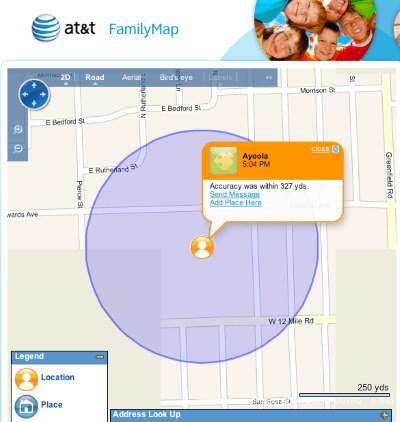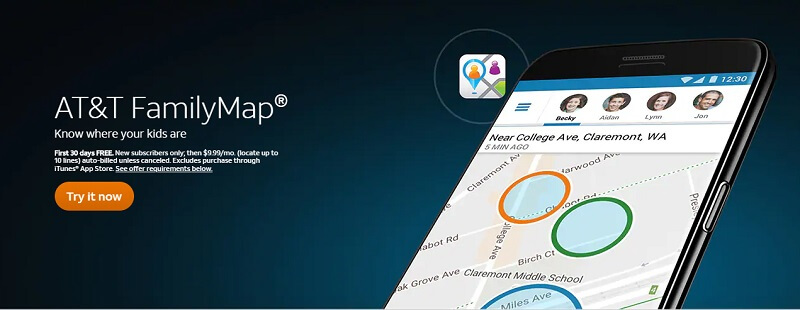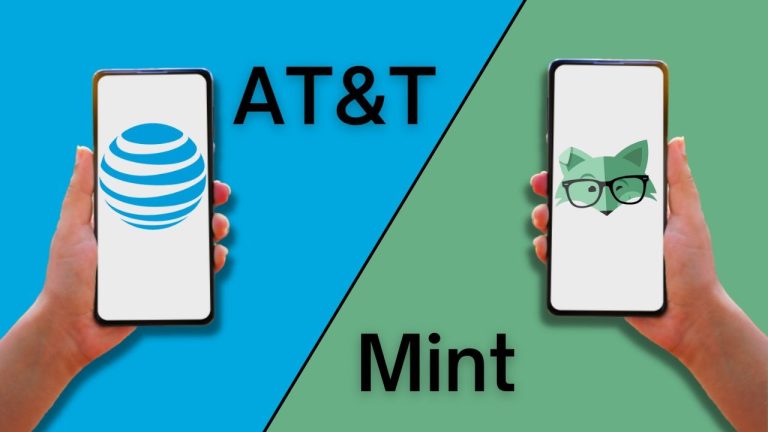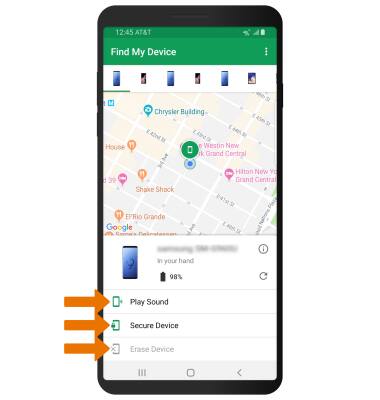In today’s digital age, privacy concerns have become increasingly prominent. One common question that arises is whether your mobile carrier, such as AT&T, can track your phone’s location and activities. This article will delve into the topic of AT&T’s tracking capabilities, exploring the extent of their monitoring, the legal implications, and the steps you can take to protect your privacy.
AT&T’s Tracking Capabilities
AT&T, like most major mobile carriers, has the technical ability to track your phone’s location and activity to a certain extent. Here’s a breakdown of what AT&T can potentially track:
- Location Tracking: AT&T can determine your phone’s approximate location using various technologies, including GPS, cell tower triangulation, and Wi-Fi signals. This information may be used for services like emergency response, network optimization, and targeted advertising.
- Call and Text Records: AT&T maintains records of your calls and text messages, including the numbers you called or texted, the date and time of the communication, and the duration of the call.
- Data Usage: AT&T monitors your data usage to ensure you are not exceeding your plan limits and to analyze network traffic patterns.
- Device Information: AT&T can track information about your device, such as the make and model, operating system, and software updates.

Legal Implications of AT&T’s Tracking
While AT&T has the technical capability to track your phone, their ability to do so is subject to legal restrictions. In the United States, the Electronic Communications Privacy Act (ECPA) provides some protections for individuals’ privacy. However, law enforcement agencies can obtain court orders to access your phone records under certain circumstances.
Protecting Your Privacy
If you are concerned about AT&T’s tracking capabilities, there are steps you can take to protect your privacy:
- Review Your Privacy Settings: Check your AT&T account settings to see what information AT&T can collect and share about you. Adjust the settings as needed to limit data sharing.
- Use a VPN: A Virtual Private Network (VPN) can encrypt your internet traffic, making it more difficult for AT&T or other third parties to track your online activities.
- Be Mindful of App Permissions: When installing apps on your phone, carefully review the permissions they request. Avoid granting unnecessary permissions that could allow apps to track your location or access your personal information.
- Consider a Privacy-Focused Phone: There are smartphones designed with privacy in mind, offering features like built-in VPNs, secure messaging apps, and hardware-based security.
- Contact AT&T: If you have concerns about AT&T’s tracking practices, reach out to their customer support team for more information and to address any specific issues.
Conclusion
While AT&T has the ability to track your phone’s location and activity to a certain extent, it’s important to understand the legal implications and take steps to protect your privacy. By reviewing your privacy settings, using a VPN, and being mindful of app permissions, you can reduce the amount of data AT&T collects about you and maintain a higher level of privacy.





